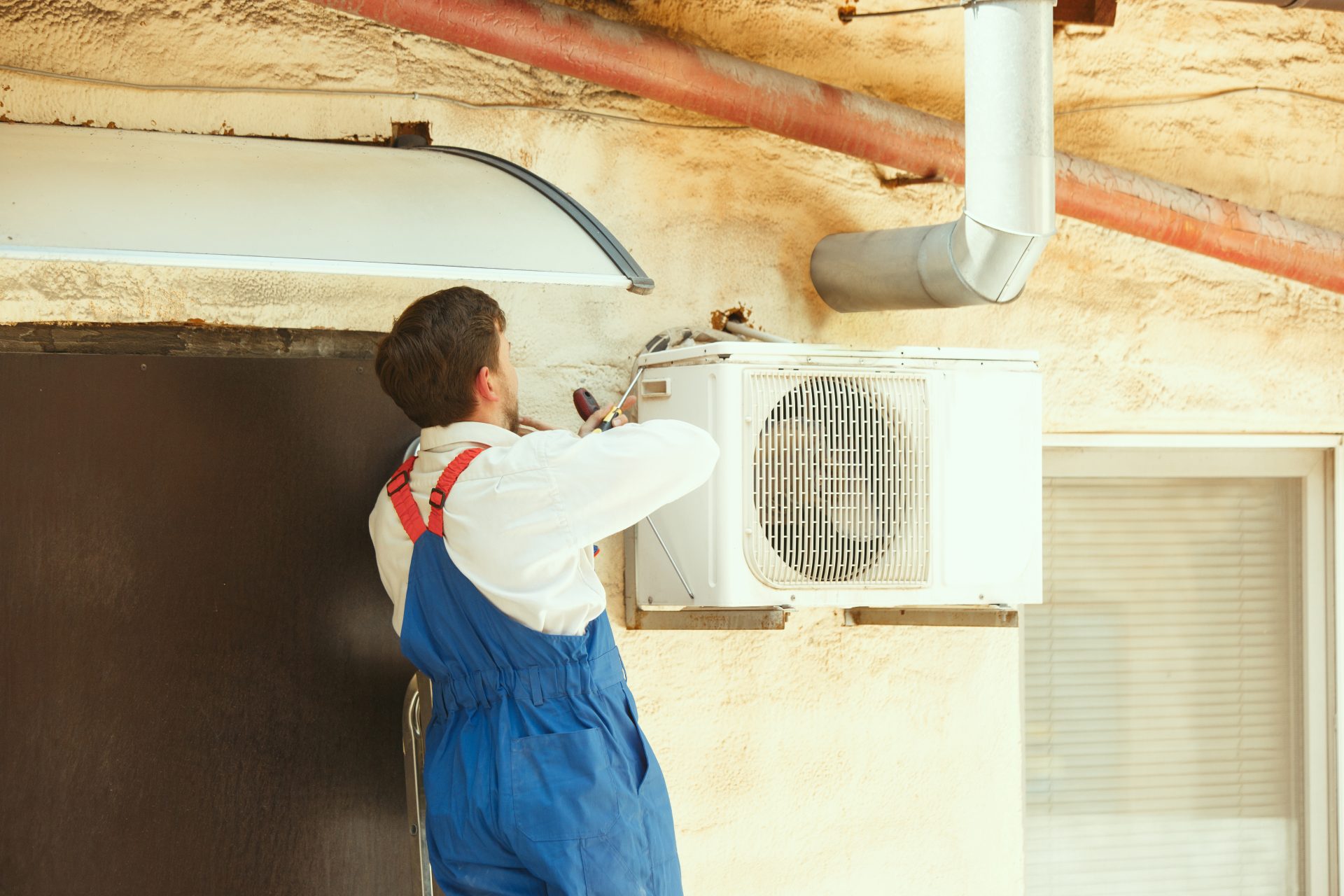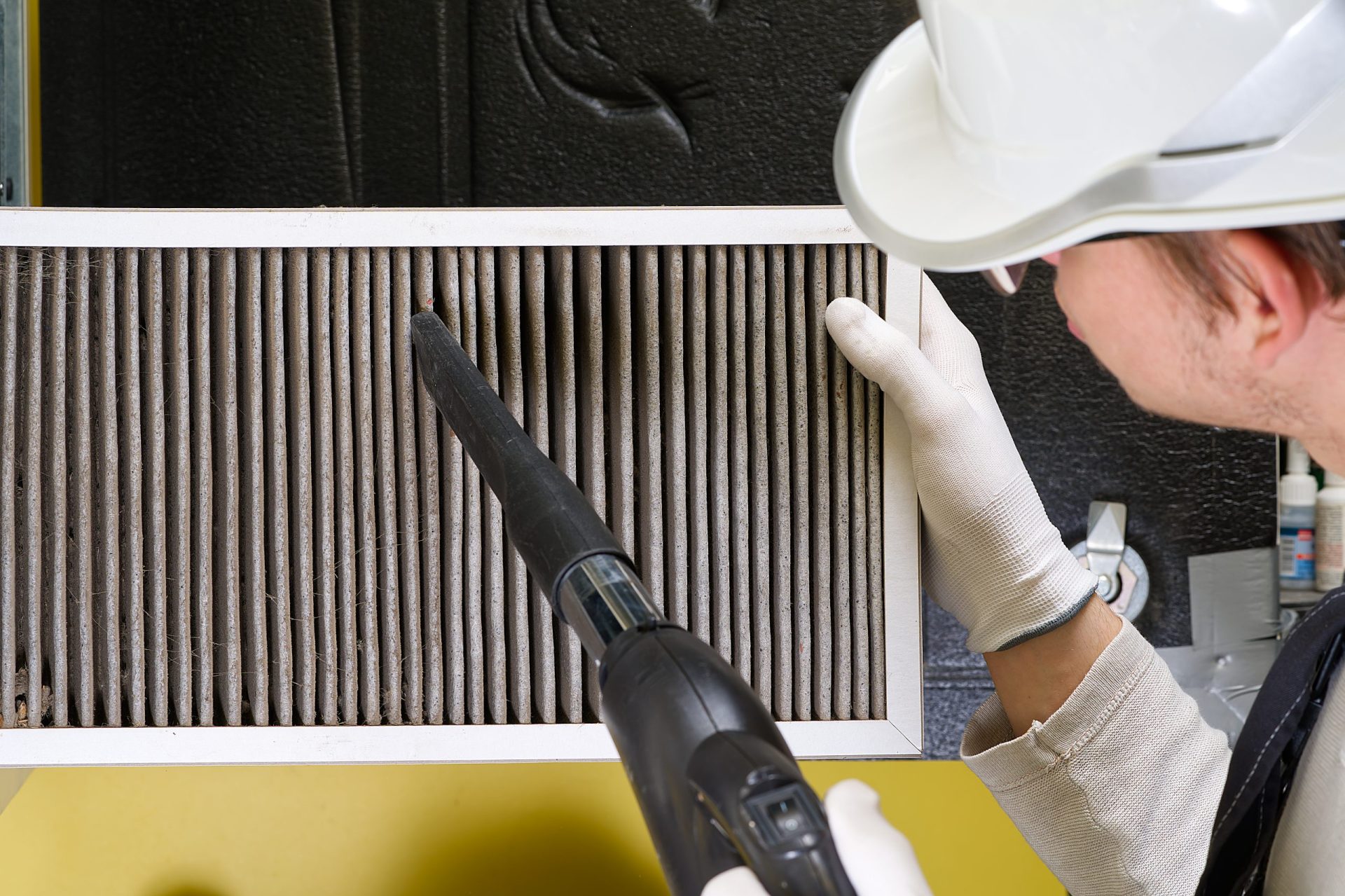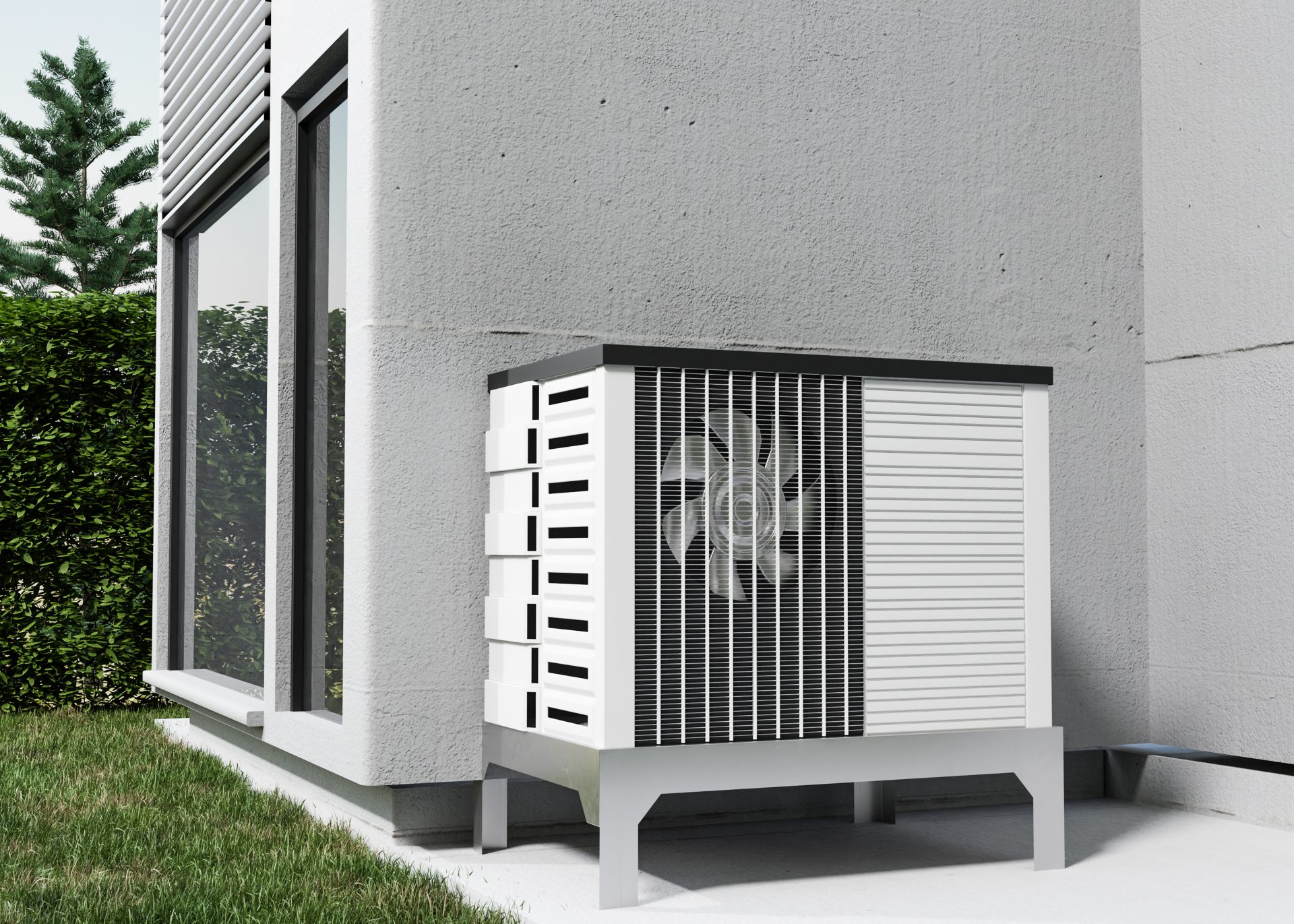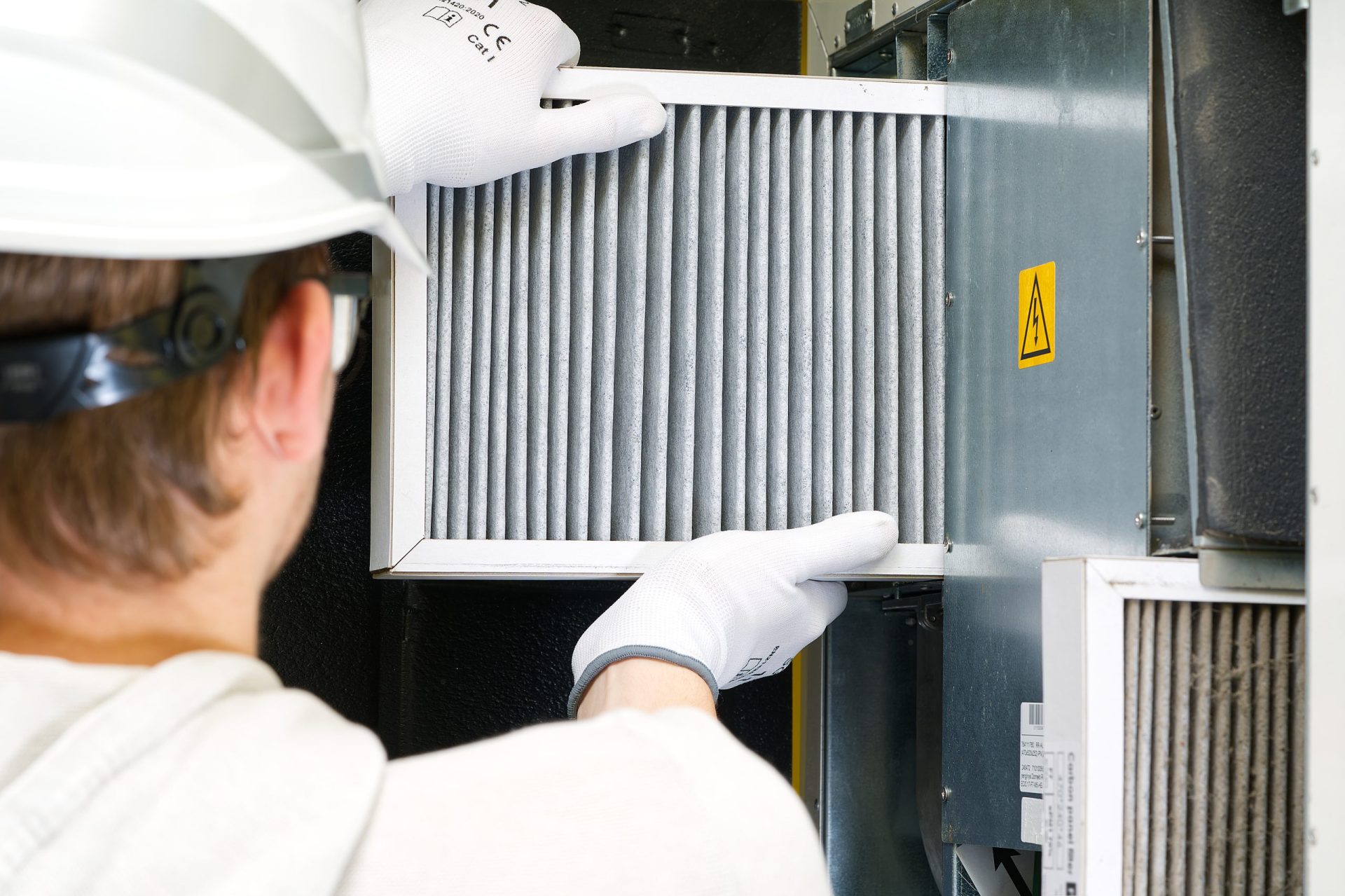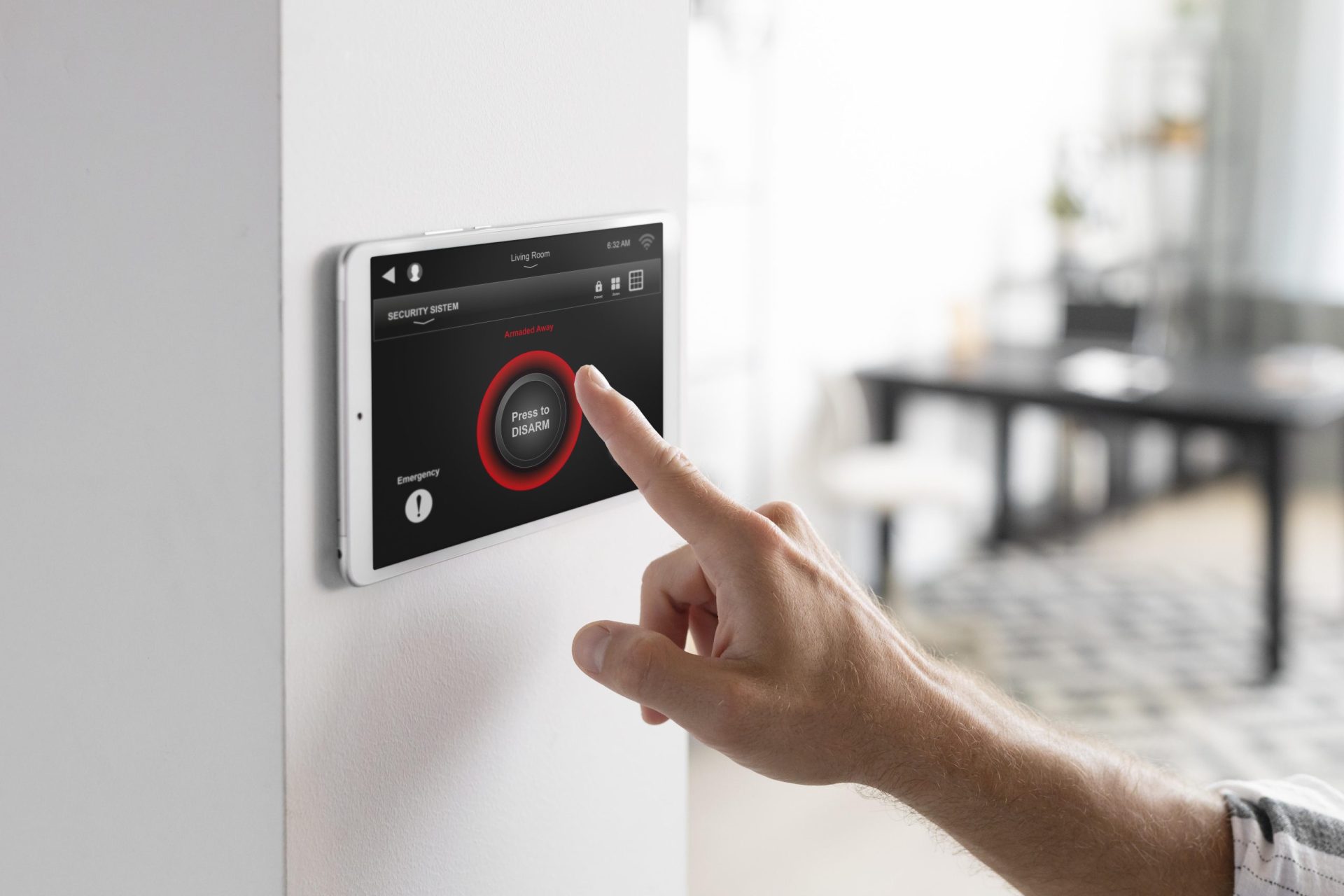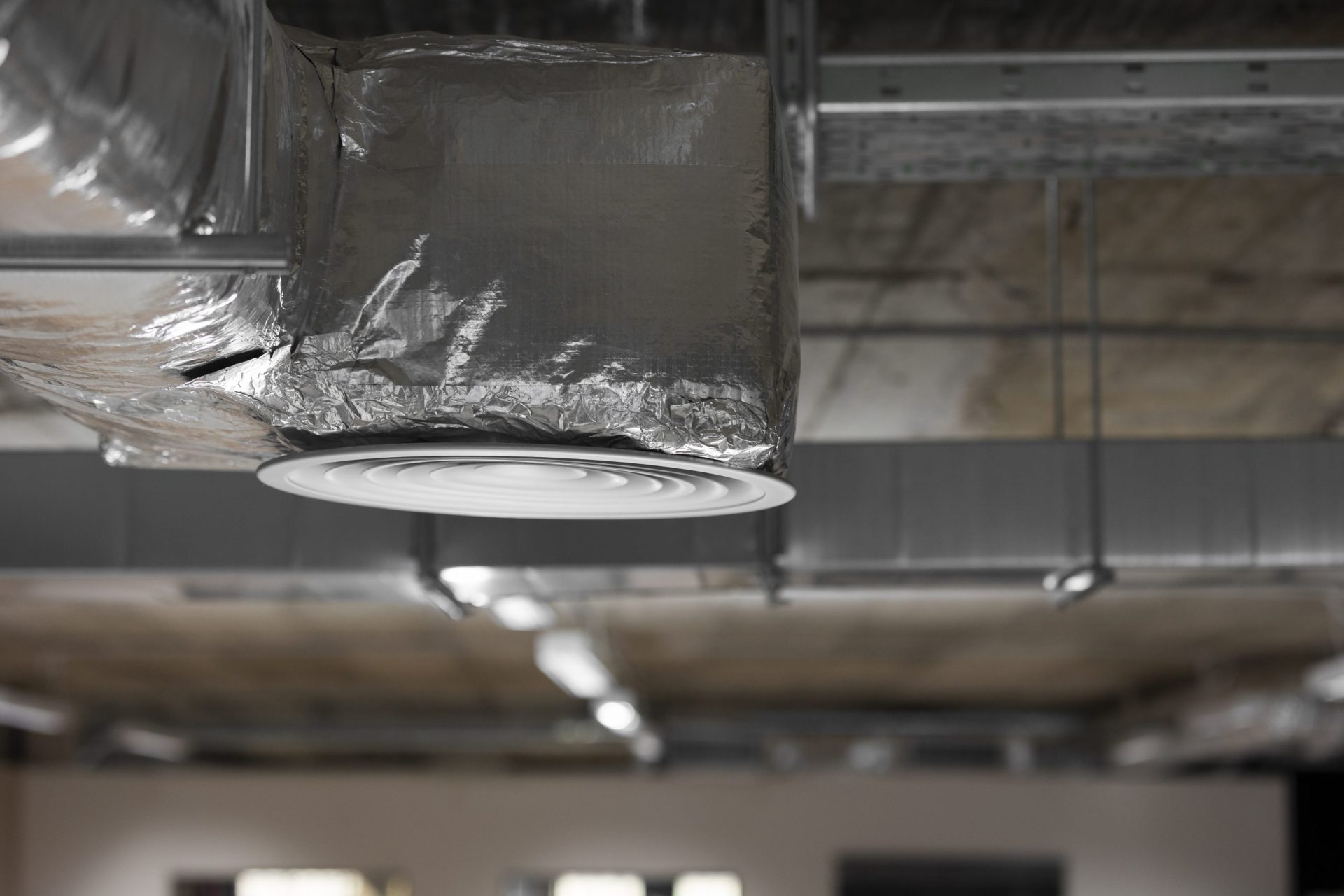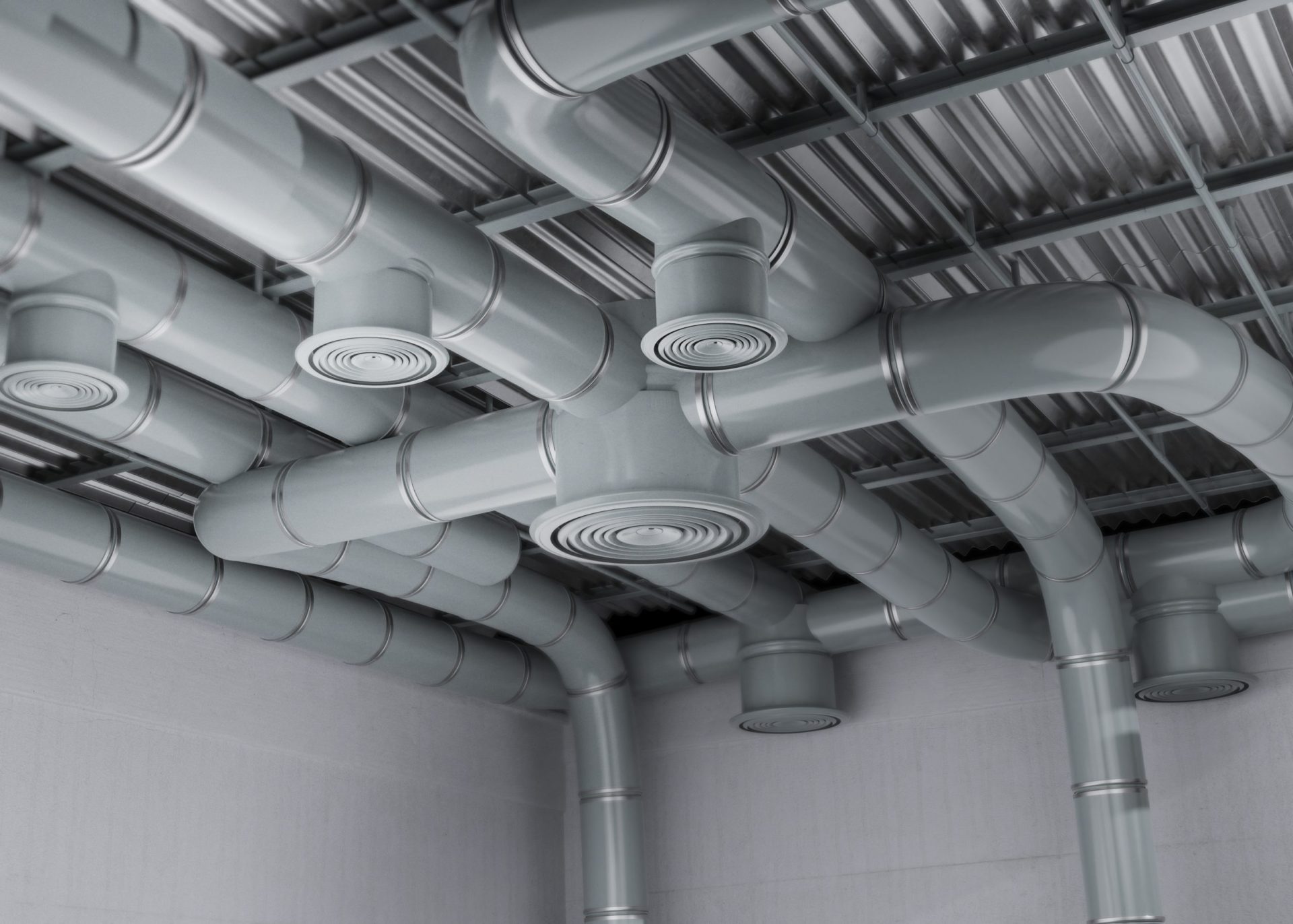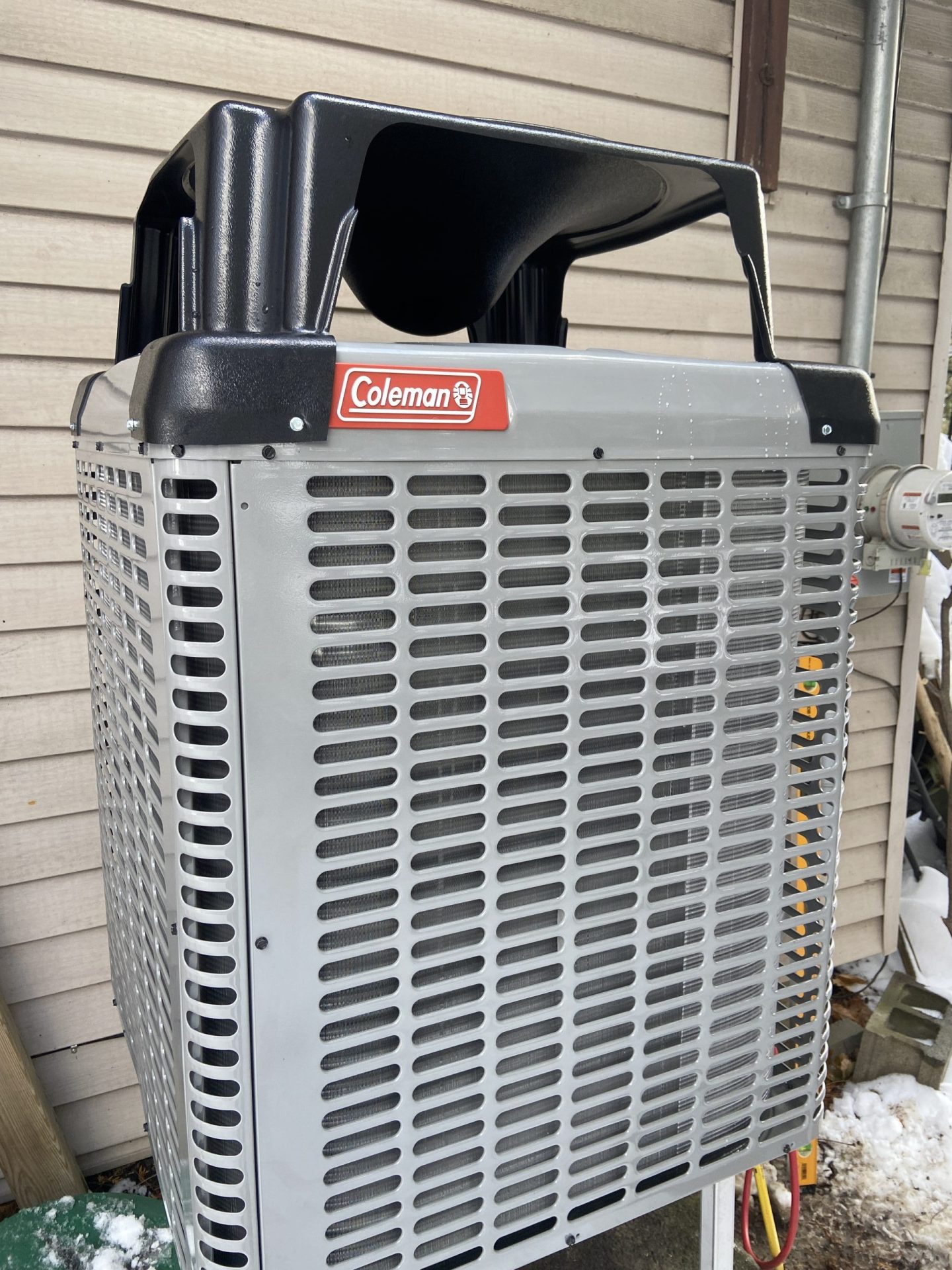Air duct cleaning and maintenance is an important aspect of maintaining the overall health and efficiency of your HVAC (heating, ventilation, and air conditioning) system. Ductwork is responsible for distributing the heated or cooled air throughout your home, and when it becomes dirty or clogged, it can lead to a variety of problems.
One of the main benefits of cleaning and maintaining your air ducts is improved indoor air quality. When ductwork becomes dirty, it can circulate dust, allergens, and other contaminants throughout your home, leading to respiratory problems and other health issues. By cleaning your ducts, you can remove these contaminants and improve the air quality in your home.
Another benefit of cleaning and maintaining your air ducts is improved energy efficiency. When ductwork becomes clogged with debris, it can restrict the flow of air and make your HVAC system work harder. This can lead to higher energy bills and potential damage to your system. Cleaning your ducts can help remove these obstructions and improve the efficiency of your HVAC system.
So, how do you go about cleaning and maintaining your air ducts? One of the most effective ways is to hire a professional duct cleaning service. These services use specialized equipment and techniques to thoroughly clean and disinfect your ductwork, removing dirt, debris, and other contaminants. They can also inspect your ductwork for any leaks or other issues that may need to be addressed.
However, if you prefer to do it yourself, here are some tips for cleaning and maintaining your air ducts:
- Change your air filter regularly: A dirty air filter can restrict airflow and make your HVAC system work harder. It’s recommended to change your air filter every 1-3 months, depending on usage and the environment.
- Clean the registers and grills: The registers and grills in your home can become clogged with dust and debris. Cleaning these can help improve airflow and reduce the amount of dirt and debris that enters your ductwork.
- Seal any leaks: Leaks in your ductwork can lead to wasted energy and higher bills. Regularly check for leaks and have them sealed by a professional.
- Insulate your ducts: Insulating your ducts can help keep the warm or cool air inside them and reduce the amount of energy needed to heat or cool your home.
- Consider a duct cleaning service: Hiring a professional duct cleaning service can ensure that your ductwork is thoroughly cleaned and disinfected, and any issues are identified and addressed.
By following these tips for air duct cleaning and maintenance, you can help ensure that your HVAC system is running at peak performance and efficiency, and help improve the air quality in your home. It’s also important to remember to always call a professional for any repairs or maintenance that you are not comfortable doing yourself.


